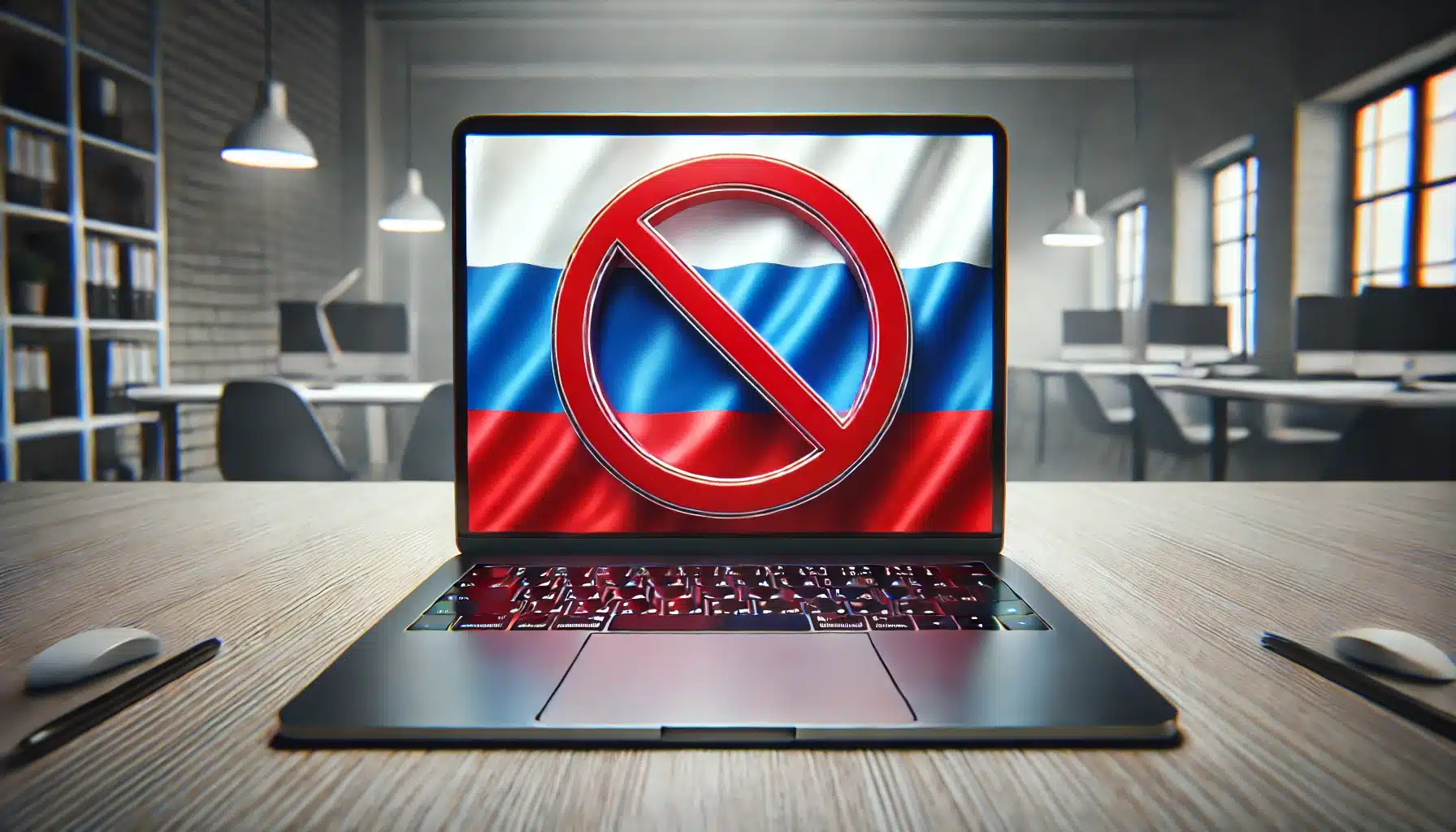The Department of Commerce has officially declared Kaspersky’s cybersecurity products as potential risks due to the company’s alleged ties to the Russian government. As a result, new restrictions have been put in place for U.S. entities regarding transactions involving Kaspersky’s products. Beginning on July 20, 2024, U.S. entities are prohibited from engaging in new transactions with Kaspersky’s products.
This will be followed by further restrictions on September 29, 2024, which will prohibit Kaspersky’s operations within the U.S. and with U.S. persons. The ban comes with strict measures against the integration, resale, and licensing of Kaspersky’s cybersecurity and anti-virus software, with the aim of curbing potential espionage and sabotage activities. Recognizing the widespread reliance on Kaspersky products for cybersecurity among U.S. businesses and individuals, the administration has planned a gradual transition to alternative solutions by allowing Kaspersky to continue providing updates and operating its security network for existing U.S. customers until the ban takes full effect in late 2024.
In response to the ban, Kaspersky has released a statement expressing its position. It raises questions about the Biden-Harris Administration’s decision to ban Kaspersky products using the Commerce Department’s ICTS authorities and whether the action is driven purely by national security concerns or if there are political motivations behind the timing of the ban. It is evident that the ban on Kaspersky products represents the Commerce Department’s use of ICTS authorities in support of national defense.
The measures serve as a demonstration to adversaries that the U.S. will take decisive action when technology poses risks to the country and its citizens.
